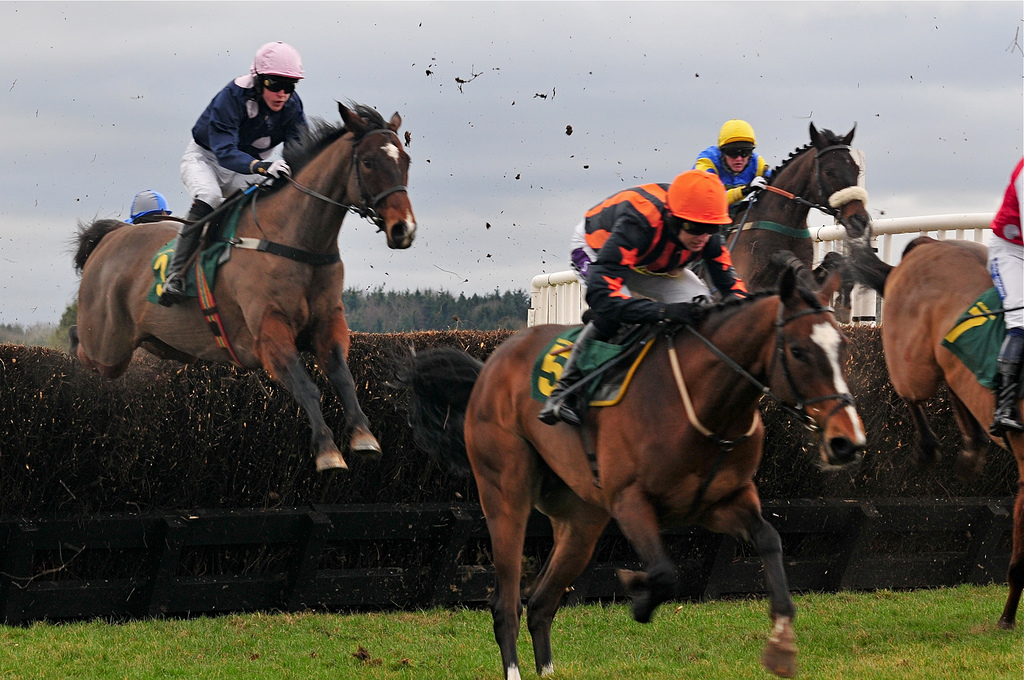It has taken close to two years for the gambling regulators of Florida to create a proposal for new regulations in the pari-mutuel industry. The new regulations cover a wide variety of topics from horse racing tracks size to the weight of the jockeys. If the rules of the industry are not revised soon, insiders have predicted that there will be a challenge to face.
The non-tribal operations of gaming in Florida is overseen by the Department of Business and Professional Regulation’s Division of Pari-mutuel Wagering and this is the group that released the new rules proposal last week. The agency has been working for almost 2 years via workshops to try and come up with new regulations.
The new proposal is similar to one from 2013 but this time with changes several in the industry must look at closely. Barrel races at a Gretna facility is considered controversial as regulators had given the facility license to offer horse races in rodeo style around four year ago, however an appeals court has ruled that license was given as an error.
Another regulation change to consider is the shape of the race track. The new change would see that tracks do not have to be constructed in the shape of an oval. This would be of benefit to the Gadsden County track that offers the races in a straight formation.
The proposed regulations would allow horse tracks to be of a certain measurement with breakaway rails and require starting gates for the horses involved in the race. This would stop ‘flag drop’ races such as the ones taking place at Gretna Racing.
Part owner of the Gretna race track and a lawyer, David Romanik, stated that this stuff in the proposal is thrown out there as an economic barrier to keep new tracks out of the industry. Romanik believes that it will take $4 million to change the track at Gretna to meet the new requirements in the new regulations proposal, which means legislature will have to authorize the changes.
Based on state laws, if a rule has a cumulative cost of $200,000 or higher in one year’s time frame, or over $ 1 million in cost over a five year time period, the legislators must send approval. Lawyers representing race tracks in Florida have predicted that if the rule is not altered in some way, it will be challenged.
Also part of the proposal consists of decreasing the number of maximum daily races allowed from three to two, each performance consisting of eight races. This will also probably be challenged due to specific performance numbers needed to operate the card rooms in the state.
The Gretna racing facility is already involved in a legal battle over slot machines. In late May the First District Court of Appeals ruled that Creek Entertainment Gretna was correct when they complained that gambling regulators could not deny their license for slots, as it was approved by a majority of voters in the state. Florida has now requested an “en banc” hearing in front of the full court to reconsider the decision which, if upheld, would have vast implications for the state’s gambling industry.



